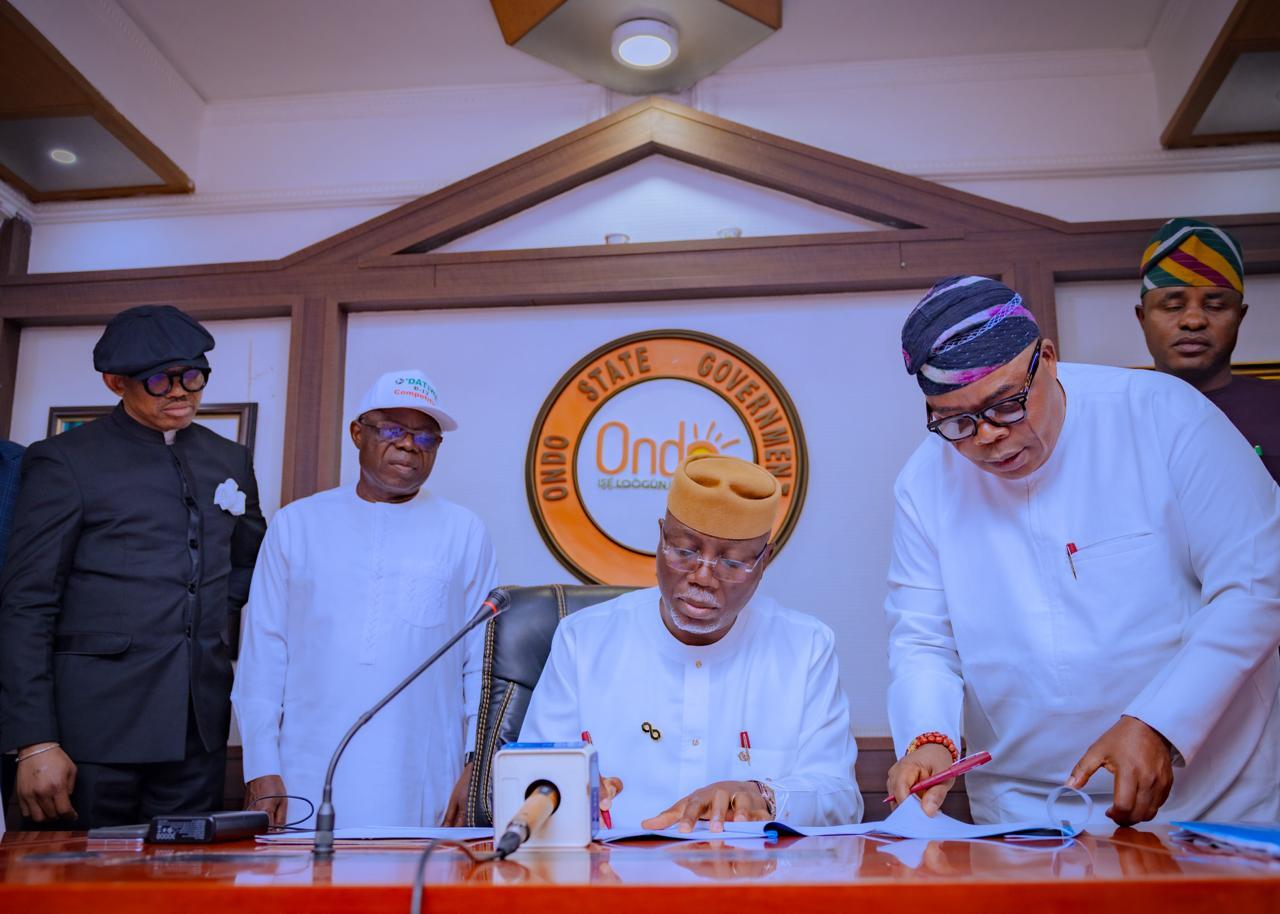A leading advocate for real-world skills and digital fluency, Godson Ozioma, has decried the slow pace of adoption of Artificial Intelligence in Africa.
He said that the industrial revolutions of the past often left Africa at the margins, adding that with AI, the continent has a chance to break that pattern.
He stated this at a virtual conference titled ‘AI and the Future of Work in Africa: The Real Risk is Exclusion’.
He identified two major issues threatening Africa’s readiness for the AI adoption as the widening skills gap and weak institutional frameworks.
He debunked the threat of AI causing job losses in the continent, arguing that with over 85% of jobs in Sub-Saharan Africa found in the informal sector and labour relatively cheap, few roles are at risk of disappearing overnight.
He said: “Artificial intelligence is transforming work worldwide, but for Africa, the implications are different. The greater danger is being excluded from the productivity gains that AI is generating elsewhere.”
While advising employers to use AI to augment people and not just to cut costs, he stressed the need for workers to embrace lifelong learning because adaptability, not static expertise, will define the AI era.
“AI will not erase Africa’s jobs, but it will redefine their value. The real danger is exclusion. The real opportunity is to put Africa’s young workforce at the heart of the next global productivity surge,” he said.
Ozioma urged governments in Africa to invest in digital infrastructure, update education, and craft forward-looking regulation.
“As AI takes over routine tasks, the premium shifts to adaptability, creativity and judgment. Without deliberate investment in digital fluency and human skills, a generation risks being locked out of opportunity,” he stressed.
He lamented that Africa’s education systems are ill-equipped to meet the demands of the fast-evolving digital economy, despite the continent boasting the world’s youngest workforce.
He further explained that education across the continent still rewards memorisation over problem-solving, warning that unless these systems adapt, the rise of artificial intelligence (AI) will only deepen existing inequalities.
Despite these concerns, he said AI presents Africa with an opportunity to leapfrog development barriers.
He added, “It could enable precision farming for smallholder farmers, expand healthcare through diagnostic tools, and give small businesses the ability to scale with AI-powered services. For a continent where human capital is abundant but financial capital scarce, this could be transformative.”






